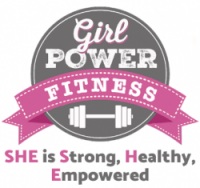You’ve heard it, we’ve all heard it — drink eight 8-ounce glasses of water per day. But is this really accurate? It turns out that it actually may not be. Each person’s body is different and has different hydration requirements. To actually know how much water your body needs, well, listen to your own body.
According to this article by nutritionist Chris Kresser, the eight by eight guidelines are a gross oversimplification. There is no universal requirement for water intake, and your needs will vary widely based on age, gender, body size, health status, and physical activity levels. Numerous environmental factors, such as high temperature and humidity levels, also influence water needs. (More information here.) It is difficult to estimate an exact amount of water needed for an individual, so thirst should be used as a general guideline for most individuals.
Kresser goes on to explain that the eight cups a day recommendation typically does not account for the water content of food. Many foods are surprisingly high in water; besides just fruit and vegetables, foods like yogurt, salmon, eggs, and potatoes are about 75% water, and four ounces of broiled salmon provides about one half cup of water. If your diet is full of water-rich fruits, vegetables, and animal products, you may not need as much liquid water as you think. And if you’re eating soups or broths, that volume should certainly be counted towards your daily fluid intake.
So the bottom line is to allow your thirst to be your guide as it is typically a sufficient indicator of when you need to drink more. If you’re sweating excessively or just want a little more oomph than plain water, a drink with added electrolytes will aid the hydration process. A great way to stay away from sugary sports drinks is to make your own — here’s a great recipe from Wellness Mama. I can’t wait to try this one!
Do yourself a favor and read Kresser’s full article here. It’s chock full of great information.
So the bottom line is listen to your body and drink when you’re thirsty. We’d be better off in MANY ways if we simply listened to our bodies a little better, don’t you think?
